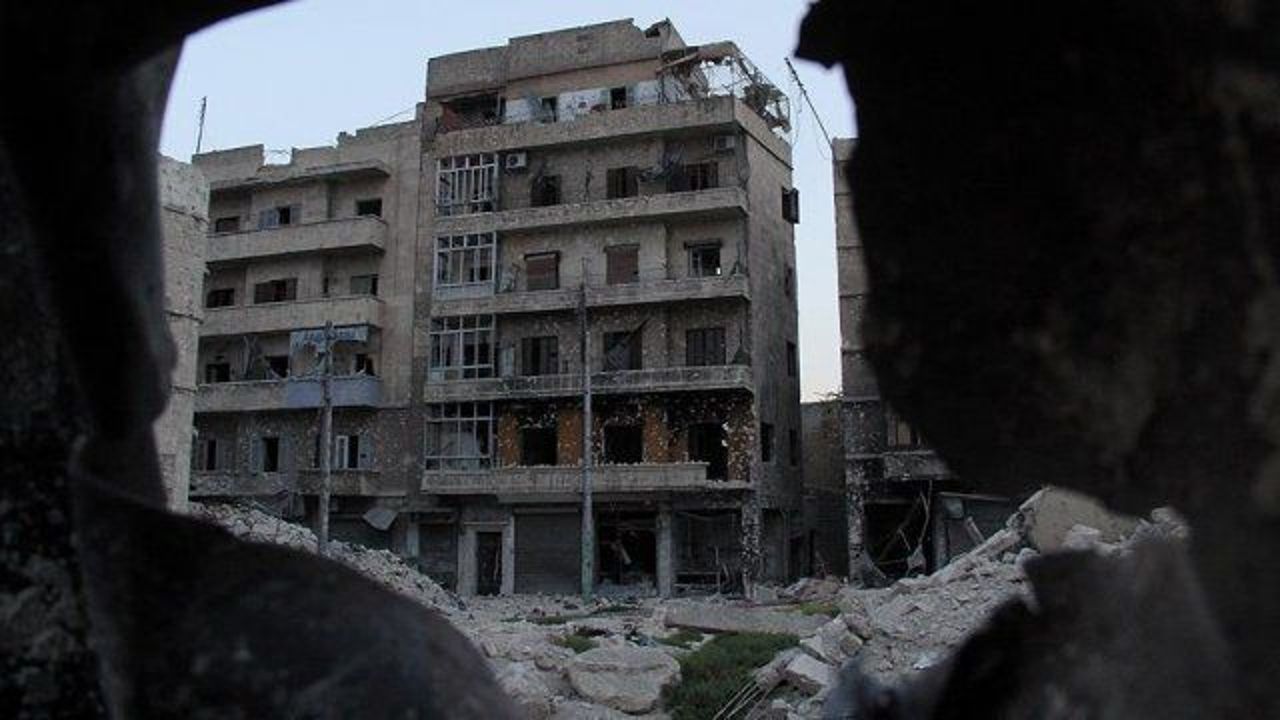‘Skeleton' people in Syria's Madaya, says UN official
Humanitarian coordinator paints harrowing picture of suffering in besieged town

The United Nations' humanitarian coordinator in Syria on Tuesday painted a harrowing picture of civilian suffering in the besieged town of Madaya.
Yacoub el Hillo told reporters in New York via telephone from Damascus that the widely reported humanitarian catastrophe in the isolated town was not exaggerated.
"It is true. We saw people who are severely malnourished, especially children. We saw people extremely thin, skeleton, that are now barely moving," he said. "We saw people who are evidently having been going without food, at least regular access to food, for a very long time".
On Monday, a humanitarian convoy reached the town in rural Damascus with life-saving health and food supplies for the 42,000 desperate residents after reports of people starving to death.
Last month, 23 victims died of starvation in the town, which has been blockaded by the Syrian regime and Hezbollah militants for close to 200 days.
Hillo said residents of Madaya "have almost no hope that the world cares about their lives.
"They are demanding the international community do all it can to lift sieges wherever they are found ... Wherever siege is being used as a tactic in the conflict, it should not continue," he said.
Living conditions in the town have deteriorated as winter sets in. Electricity supplies have been cut and residents have resorted to burning the remains of their homes to provide heating.
"I'm quite confident that this is the scene in any of the settings where siege is being used as a tactic of war," said Hillo. "The immediate thing to be done is to lift sieges everywhere ... All parties in the conflict are exercising it. It must stop."
The Syria conflict, which will enter its sixth year in March, has left more than 250,000 people dead and turned the country into the world's largest source of refugees and displaced persons, according to UN.
Approximately 4.5 million people live in hard-to-reach areas across the country, with nearly 400,000 of them in 15 besieged locations with little or no access to basic supplies or assistance, according to UN figures.
Anadolu Agency







